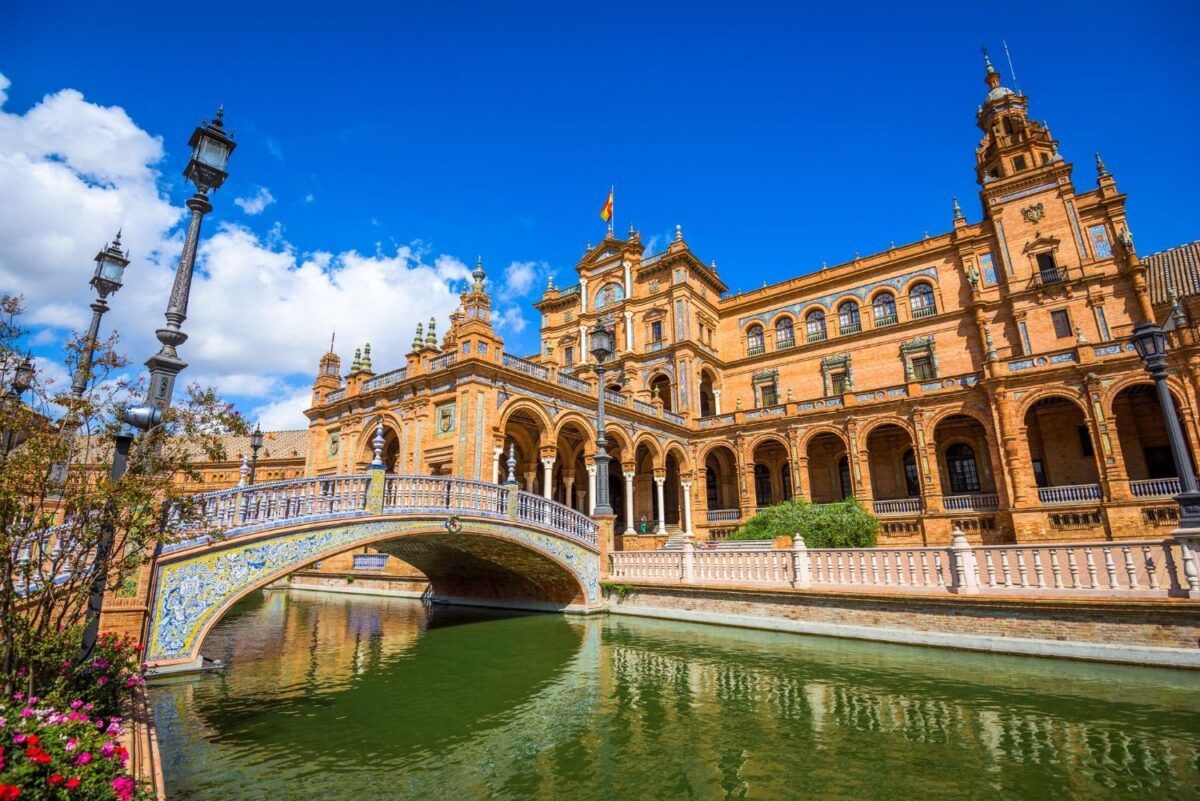National tourism agency VisitBritain/VisitEngland has announced that its deputy CEO Patricia Yates is stepping up to CEO.
The interim appointment comes as the agency’s current CEO Sally Balcombe steps down from 8 April.
The appointment was announced as VisitBritain/VisitEngland brought tourism industry leaders together at a ‘Rebooting the visitor economy’ event on Tuesday 29 March, outlining its focus to ensure tourism rebounds to once again become one of most successful and productive sectors of the UK economy.
British Tourist Authority (BTA) Chair Dame Judith Macgregor said, “On behalf of the BTA Board and VisitBritain/VisitEngland, I am very pleased to announce that Patricia Yates has agreed to step up to CEO in the interim, ensuring a smooth transition for the organisation as well as for the industry. Under Patricia’s leadership and experience I am confident that we can make great progress as we continue to support the industry as recovery begins to get underway.”
VisitBritain/VisitEngland deputy CEO Patricia Yates said, “I am honoured to be stepping up as CEO, continuing our focus on building back visitor spend as quickly as possible and supporting the industry, playing our part to deliver the ambitions of the UK Government’s Tourism Recovery Plan.
“We know there is pent-up demand for travel, Britain is a destination that people want to visit and in 2022 we have a year of landmark events. Our tourism businesses have innovated to survive through a myriad of restrictions and now is the time to drive visitor recovery.
“I look forward to continuing to working with all our stakeholders, rebuilding our industry to ensure it is one of the most successful and productive sectors of the economy and to making the strongest possible case for one of the UK’s greatest sectors.”
VisitBritain’s latest forecast estimates 21.1 million inbound tourism visits to the UK this year, 52% of the 2019 level, and overseas visitor spending of £16.9 billion, 59% of 2019. With all travel restrictions for arrivals to the UK lifted and with its latest international research showing strong pent-up demand for travel, VisitBritain’s priority is driving the quickest return of inbound visitor spending, prioritising markets that will quickly drive back value including the USA and its major European markets, competing hard for international visitors who contribute billions to the economy.
The agency is currently out in international markets with a £10 million GREAT ‘Welcome to another side of Britain’ campaign. As well as highlighting messages of welcome and reassurance, the campaign is promoting the major events this year, set to be global tourism draws, offering visitors once-in-a-lifetime experiences they can only have in the UK including HM The Queen’s Platinum Jubilee and the Birmingham 2022 Commonwealth Games.
VisitBritain is also working with the travel trade to ensure that British programmes are thriving and Britain’s tourism offer is being sold internationally. As well as leisure travel, VisitBritain will support the business events industry to recover and rebuild, enabling destinations to win international conferences and exhibitions.
Sustainability will be a thread through all this activity. VisitEngland will champion a sustainable tourism strategy for England, working to harness the industry’s collective impact. It also continues its support to small businesses, the backbone of the industry, to build their skills to grow their businesses.
Alongside the drive for immediate recovery, VisitBritain has funding to invest in building digital and data capabilities, ensuring it can remain competitive in an ever more digital world, able to reach future customers and target them cost effectively with compelling content.
The agency also wants to builds its advocacy, ensuring the visitor economy is factored into UK Government decision-making.
Tourism is usually worth more than £127 billion to the economy, its third-largest service export and a major part of British trade, supporting hundreds of thousands of small businesses and entrepreneurs and employing more than 3.1 million people across the UK.













